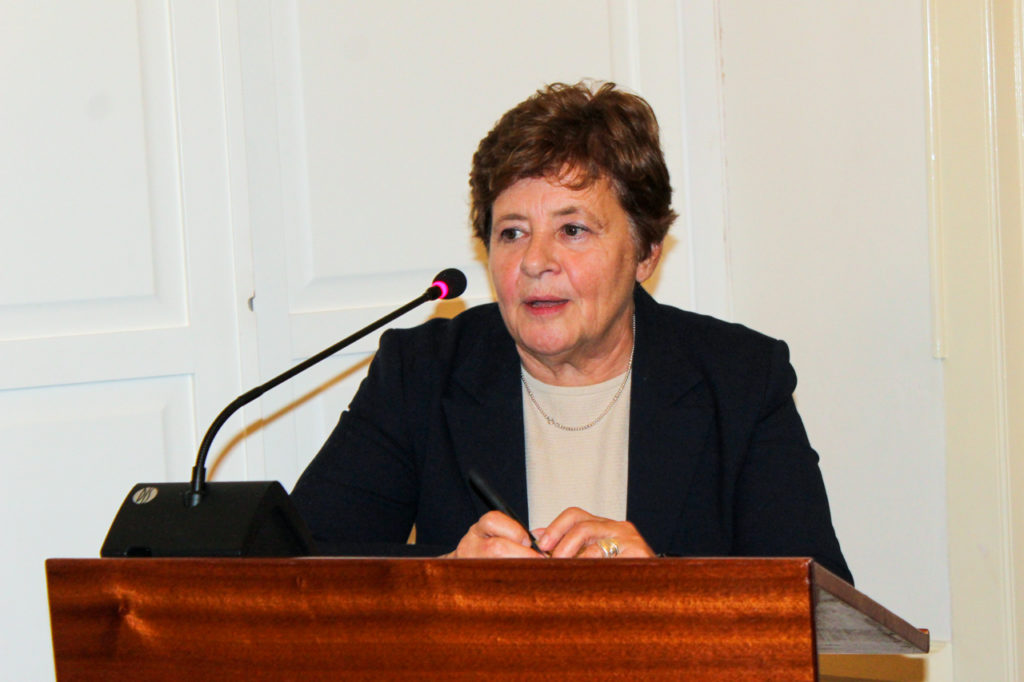Maria João Bebianno, full professor at the University of Algarve (UAlg) and coordinator of the Center for Marine and Environmental Research (CIMA), is the only Portuguese woman to be part of a group of 25 experts appointed by the United Nations (UN), who participated in the preparation of the second State of the Ocean Report, recently approved.
This second report, which identifies problems and solutions, taking into account the evolution of the state of the marine environment from 2015, was approved at the end of 2020, at a meeting of the UN General Assembly.
Alice Newton, CIMA researcher, also participated in the chapter on the impact of changes in the introduction of nutrients into the marine environment, and Sérgio de Jesus, full professor at the Faculty of Sciences and Technologies, in the section on noise in the ocean.
This second report includes an assessment of the changes that have taken place in the ocean since the preparation of the first report, directly contributing to the achievement of the Sustainable Development Goals of the UN Agenda 2030.
According to the University of Algarve, «indicates topics relevant to ocean science and its Sustainable Development, taking into account the societal objectives of the decade, including an important contribution to knowing and cleaning the ocean, exploring it in a sustainable way, whether for food purposes or for economic use, promoting their safety and that of marine ecosystems».
For Maria João Bebianno, this report is of paramount importance because “it makes a global assessment of the state of the ocean, in all its aspects, from the impact of human activities in the ocean and the ocean on human health, through the environmental aspect, to the identification of the impact of the exploitation of non-biological resources (mineral resources, oil and energy)'.
The same report "also indicates the current knowledge of the ocean, what is lacking and urgently needed to be known, as well as the existing gaps in training in the different areas of knowledge and technology, necessary to better manage the ocean on a global scale" .
Finally, the coordinator of CIMA recalls "that there is great global concern with the decrease in the quality of the state of the ocean, which covers 70% of our planet and corresponds to 95% of the biosphere", stressing that "any change in it is produced has an influence on climate, life on land and marine ecosystems'.



















Comments